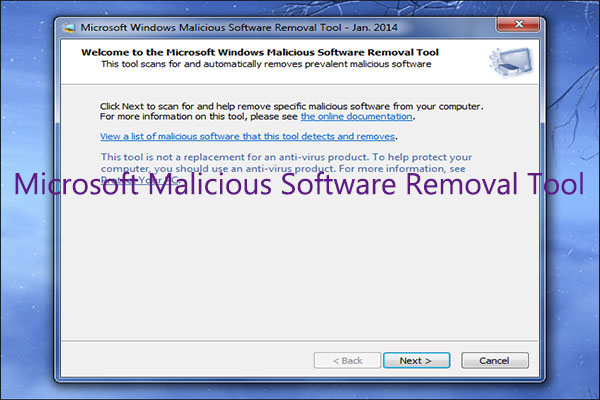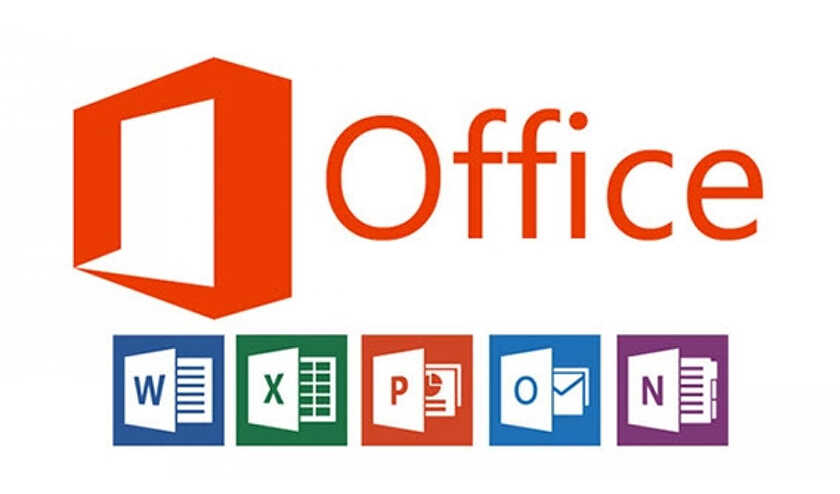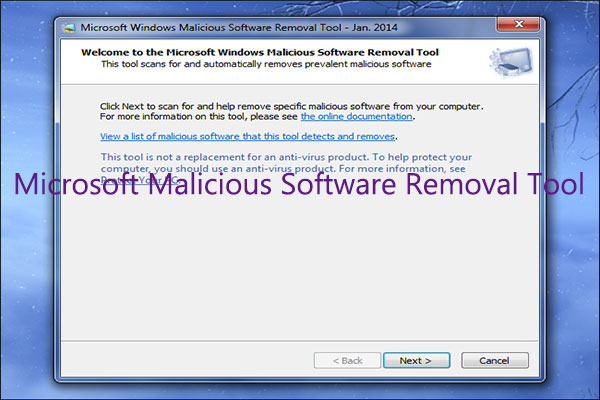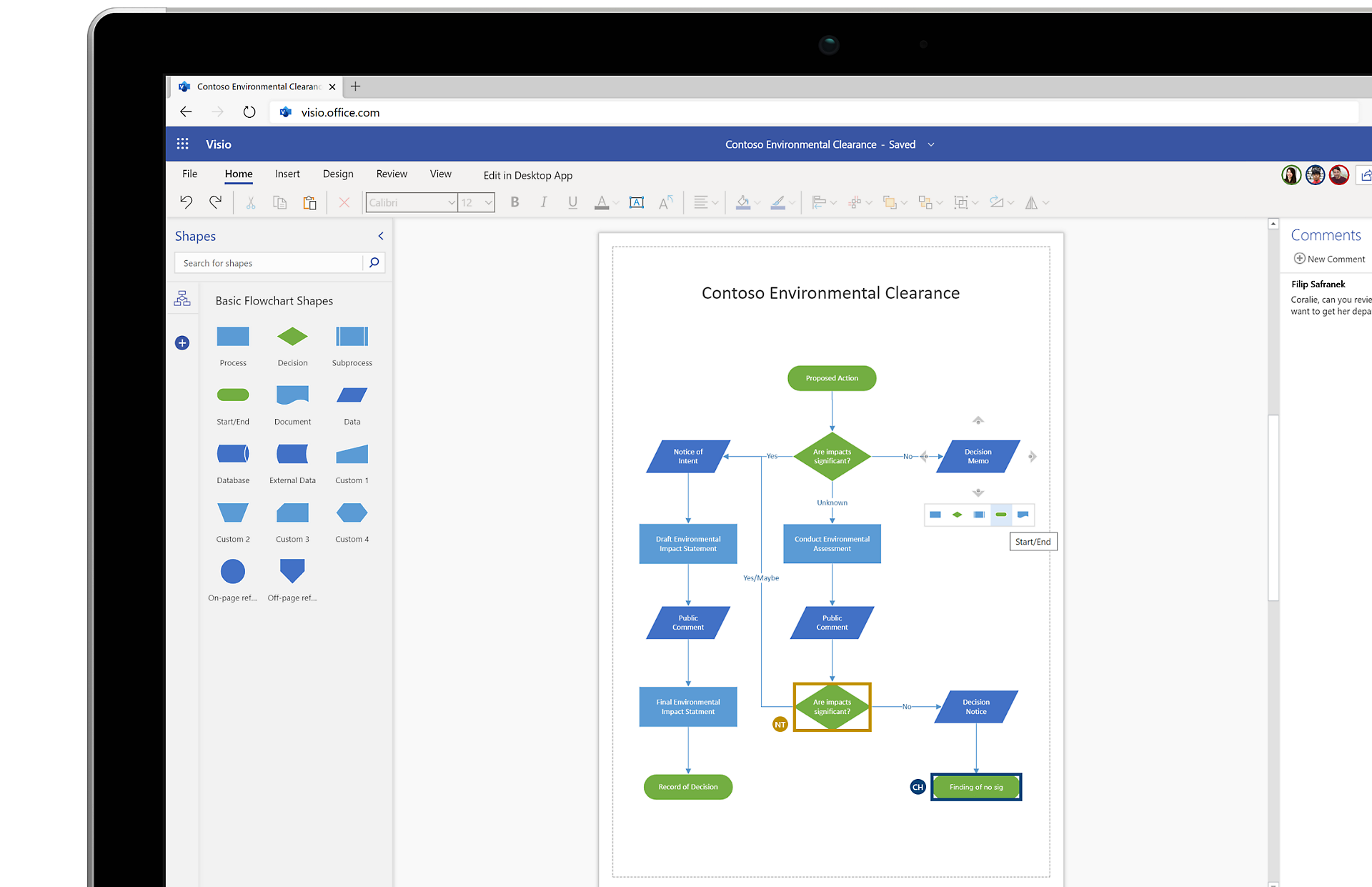So, you’ve probably used Microsoft products like Word, Excel, or PowerPoint at some point in your life. But have you ever stopped to think about what exactly Microsoft is? Well, in this article, we’re going to explore whether Microsoft can be considered a software tool or not. We’ll take a closer look at the different offerings of Microsoft and analyze how they function to determine if they fit the definition of a software tool. Get ready to uncover the true nature of Microsoft and its role in the software world.
What is Microsoft?
Overview
Microsoft is a multinational technology corporation that develops, manufactures, licenses, and sells a wide range of software products and services. It is one of the most recognized and influential companies in the technology industry. Microsoft offers various software tools that are widely used by individuals and businesses alike.
History
Microsoft was founded in 1975 by Bill Gates and Paul Allen. It began as a small software company, but over the years, it has grown into one of the largest and most successful technology corporations in the world. Microsoft’s first product was a version of the BASIC programming language for the Altair 8800 microcomputer. Since then, the company has released numerous groundbreaking software products, such as the Windows operating system, Microsoft Office Suite, and many others.
Types of Software Tools
Introduction
Software tools are programs or applications designed to perform specific tasks or functions on a computer. Microsoft offers a diverse range of software tools that cater to different needs and requirements. These tools can be broadly categorized into three main types: application software, operating systems, and utility software.
Application Software
Application software includes programs that are designed for specific purposes, such as word processing, spreadsheet management, email communication, and multimedia editing. Microsoft offers a comprehensive suite of application software tools under the name “Microsoft Office Suite.”
Operating Systems
Operating systems are software that manage computer hardware and allow users to interact with the computer. Microsoft’s flagship operating system is the Windows operating system, which is widely used on personal computers and servers around the world. It provides a user-friendly interface, supports a wide range of hardware and software, and facilitates efficient computing.
Utility Software
Utility software is designed to perform maintenance or specialized tasks on a computer. Microsoft offers various utility software tools that help optimize system performance, enhance security, and troubleshoot issues. Examples include antivirus programs, disk cleanup tools, and backup utilities.
This image is property of cdn-dynmedia-1.microsoft.com.
Microsoft as a Software Tool
Explanation
Microsoft is not just one software tool, but rather a collection of different software tools and services developed by the company. These tools are designed to enhance productivity, streamline tasks, and provide efficient computing solutions to individuals and businesses.
Microsoft Office Suite
Microsoft Office Suite is a popular collection of software tools that includes programs like Word, Excel, PowerPoint, and Outlook. These tools are widely used for word processing, spreadsheet management, presentation creation, and email communication. Microsoft Office Suite provides a comprehensive and integrated solution for various productivity needs.
Windows Operating System
The Windows operating system is Microsoft’s flagship software tool, used on millions of computers worldwide. It offers a user-friendly interface, comprehensive functionality, and compatibility with a wide range of hardware and software. Windows provides a stable and secure platform for individuals and businesses to perform their computing tasks.
Additional Microsoft Tools
In addition to the Microsoft Office Suite and the Windows operating system, Microsoft offers various other software tools and services. These include software development tools like Visual Studio, database management systems like SQL Server, cloud computing services like Azure, and many others. These tools cater to the diverse needs and requirements of different industries and professions.
Advantages of Using Microsoft as a Software Tool
Increased Efficiency
Microsoft software tools are designed to enhance productivity and streamline tasks. They offer a wide range of features and functionalities that help individuals and businesses work more efficiently. For example, Microsoft Office Suite provides intuitive tools for creating professional documents, analyzing data, designing presentations, and managing emails.
User-Friendly Interface
Microsoft software tools are known for their user-friendly interfaces. They are designed to be intuitive and easy to navigate, making it simple for users to learn and use the software effectively. The familiar layout and features of Microsoft tools reduce the learning curve and enable users to focus on their tasks rather than struggling with complex user interfaces.
Integration
One of the key advantages of using Microsoft software tools is the seamless integration between different products. For example, Microsoft Office Suite allows users to easily exchange data and information between programs like Word, Excel, and PowerPoint. This integration enhances workflow efficiency and eliminates the need for manual data entry or conversion.
Compatibility
Microsoft software tools are widely used and supported across different devices, operating systems, and platforms. This high level of compatibility ensures that users can access and work on their documents and files seamlessly, regardless of the device or software they are using. Microsoft’s commitment to backward compatibility also ensures that legacy files can still be opened and edited with newer software versions.

This image is property of www.partitionwizard.com.
Disadvantages of Using Microsoft as a Software Tool
Cost
One of the main disadvantages of using Microsoft software tools is the cost associated with them. Microsoft products, especially the Office Suite and the Windows operating system, can be quite expensive for individuals and small businesses. The licensing fees and upgrade costs can add up significantly, especially for those who require multiple licenses or regular software updates.
Learning Curve
While Microsoft software tools are generally very user-friendly, they still require some learning and familiarization. For users who are not accustomed to the Microsoft ecosystem, there may be a learning curve involved in understanding the features and functionalities of the software. This can be a time-consuming process for some individuals or organizations.
Limited Customization
Microsoft software tools often have limitations when it comes to customization. While they offer a wide range of features and options, users may find it challenging to tailor the software to their specific needs and preferences. This lack of customization can be a disadvantage for advanced users or organizations with unique requirements.
Security Concerns
Due to its widespread use, Microsoft software tools are often targeted by hackers and cybercriminals. The popularity of the software makes it an attractive target for potential security breaches or vulnerabilities. Although Microsoft invests heavily in security measures, users must still remain vigilant and take additional steps to protect their data and systems.
Alternatives to Microsoft
Open Source Software
Open source software provides an alternative to Microsoft’s proprietary software tools. These software tools are developed and distributed under open licenses, allowing users to freely use, modify, and distribute the software. Examples of open source software alternatives to Microsoft include LibreOffice, OpenOffice, and Linux operating systems like Ubuntu.
Google Suite
Google Suite, formerly known as G Suite, is a comprehensive collection of cloud-based productivity tools offered by Google. It includes tools like Google Docs, Sheets, Slides, and Gmail. Google Suite provides similar functionalities to Microsoft Office Suite and offers seamless collaboration and document sharing capabilities. It is especially popular among individuals and businesses that rely heavily on cloud storage and online collaboration.
Apple iWork
Apple iWork is a suite of productivity tools developed by Apple for macOS, iOS, and web platforms. It includes software like Pages, Numbers, and Keynote, which are equivalent to Microsoft Word, Excel, and PowerPoint, respectively. Apple iWork offers a sleek and intuitive user interface, deep integration with Apple’s ecosystem, and seamless compatibility with Microsoft Office files.
Other Proprietary Software
Apart from Microsoft, there are several other proprietary software tools available in the market. These tools are developed by different companies and offer unique features and functionalities. Examples include Corel WordPerfect Office, Adobe Creative Cloud Suite, and IBM Lotus Notes. These alternatives provide users with additional options and flexibility based on their specific needs and preferences.

This image is property of www.preftrain.com.au.
Conclusion
Microsoft is undoubtedly a significant player in the software tool industry. Through its wide range of software tools and services, Microsoft has become an integral part of many individuals’ and businesses’ digital workflows. It offers powerful and user-friendly solutions for word processing, data analysis, presentations, operating systems, and more. While there are advantages and disadvantages to using Microsoft software tools, alternatives exist for those seeking open source or different proprietary software options. Ultimately, the choice of software tools depends on individual needs, preferences, and budget considerations.

